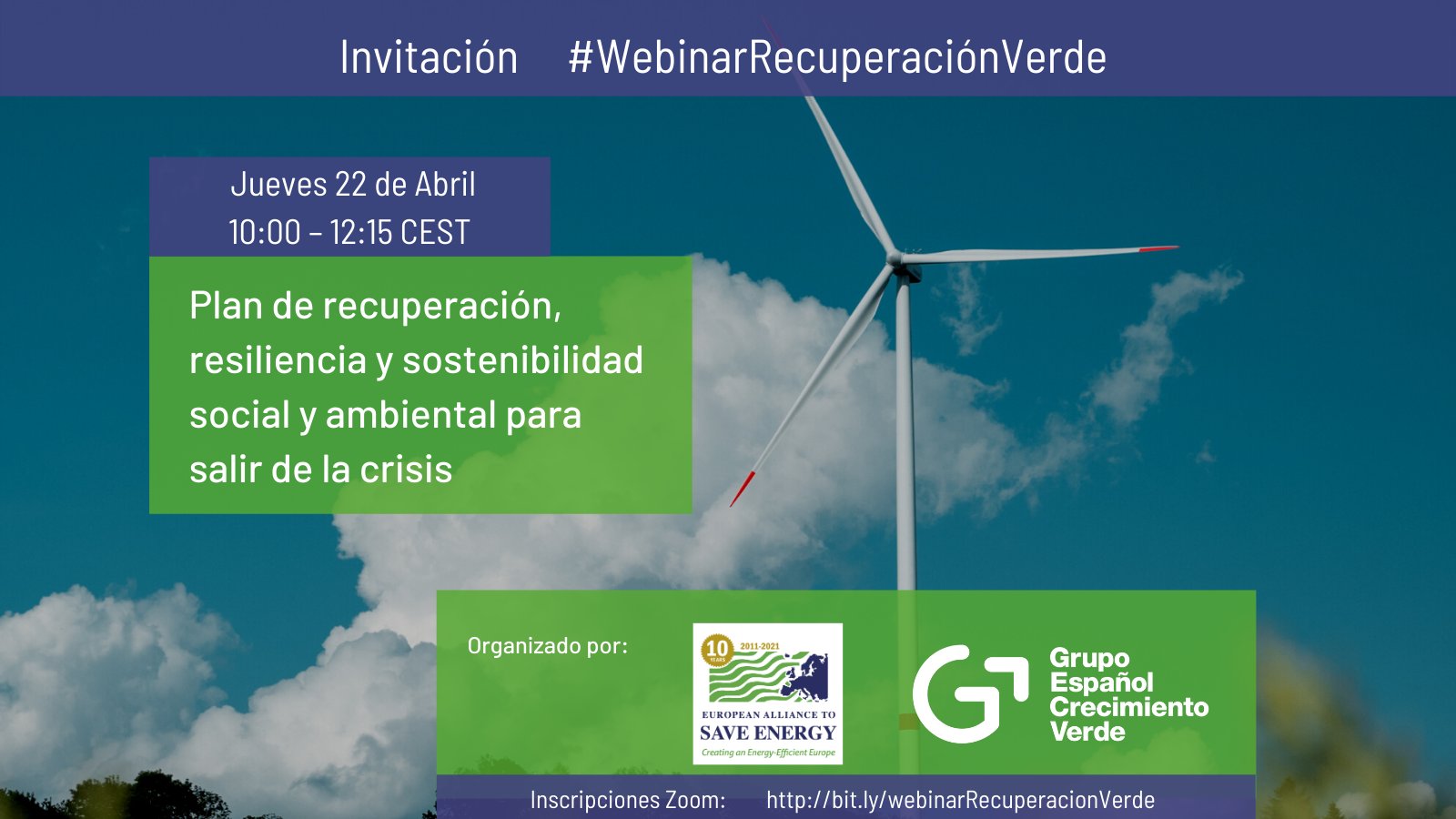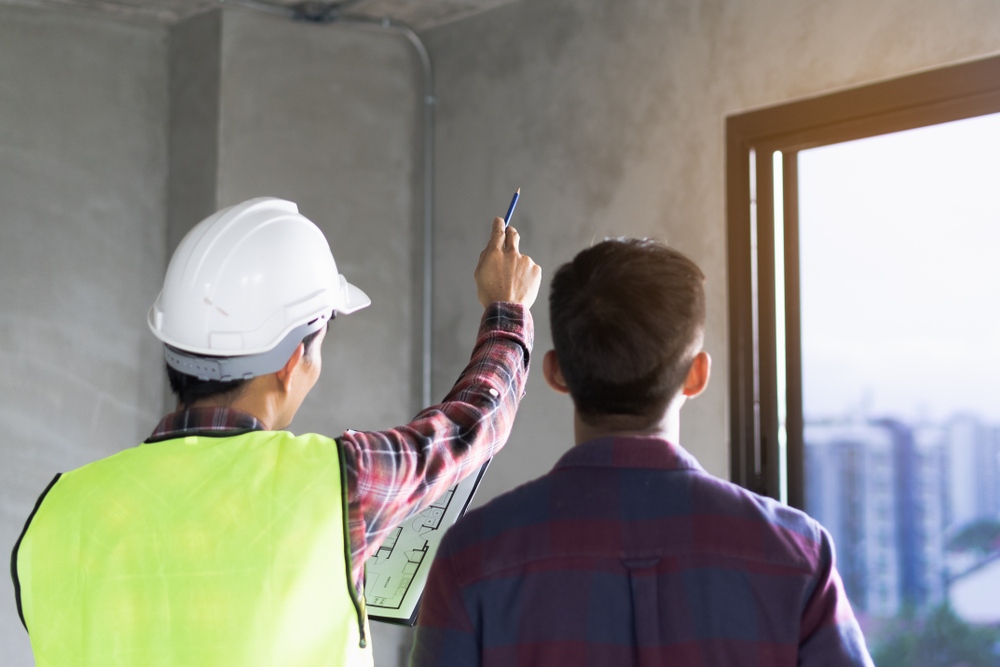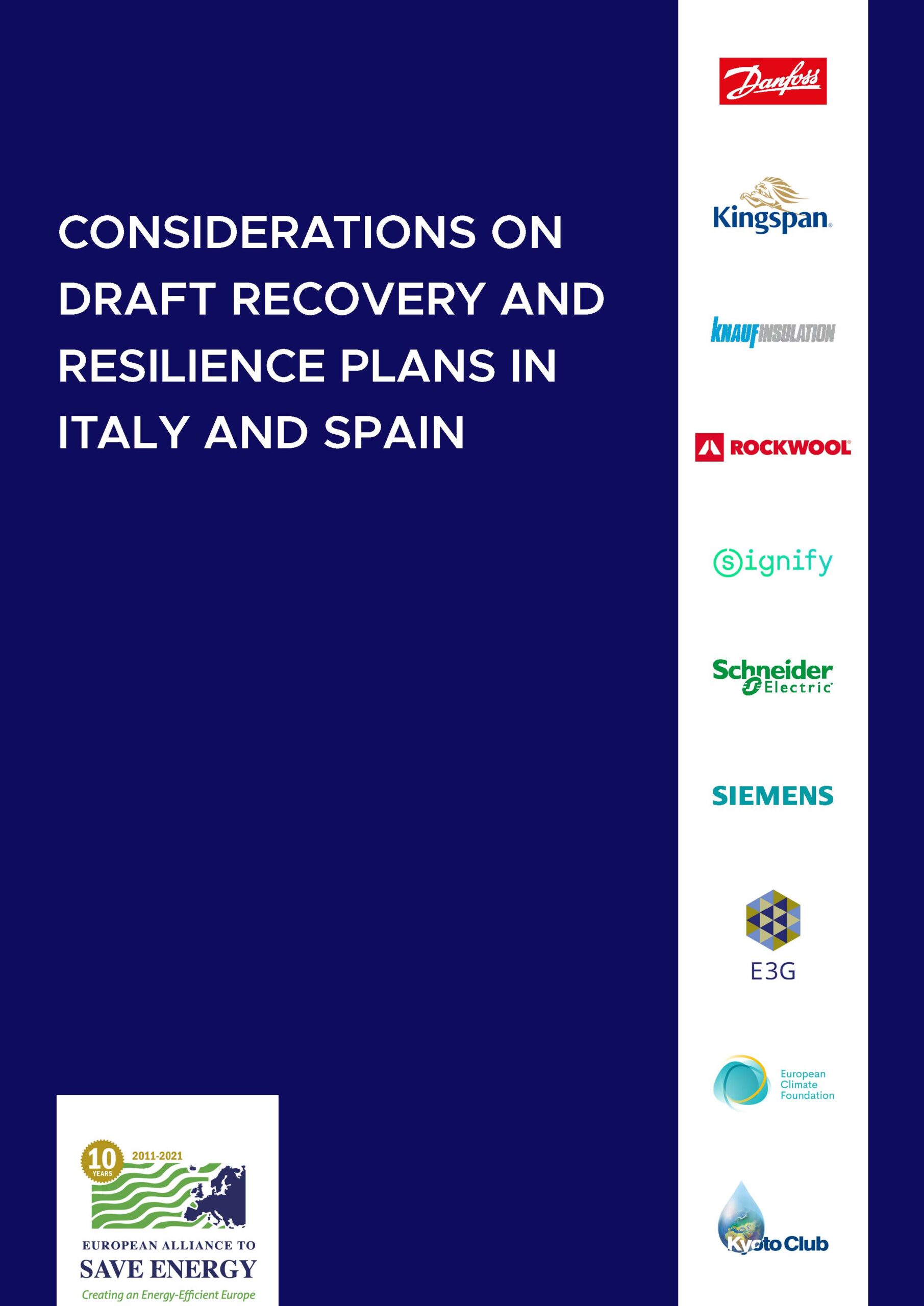Deploying technical assistance and building up administrative and logistical capacity is key to boost building renovation projects across Europe and pave the way for a green recovery.
In a letter addressed to the European Commission’s Recovery and Resilience Task Force, the European Alliance to Save Energy (EU-ASE) stressed the importance of strengthening technical assistance for energy efficiency renovations to deliver the economic and political capital of Recovery and Resilience Plans.
The letter says:
“With specific regard to building renovations, we notice that in the draft RRPs there is a general lack of focus on technical assistance, despite the central role it plays in removing the administrative, financial and other practical hurdles for ministries, cities, local authorities, businesses and households to renovate our common building stock.
Due to the specific nature of building renovation programmes and related financial and non-financial barriers that hinder their full deployment, we would suggest that at least 4% of funds allocated to building renovations are spent on technical assistance. For example, this would enable proactive support for public authorities to map out their buildings stock, prepare good long-term renovation strategies, and develop and aggregate renovation proposals5. In addition, these funds could be invested in education and training of workforce (upskilling and reskilling) as well as in information campaigns to increase citizens and businesses’ awareness about the multiple benefits that renovations bring in terms of cost-savings, comfort, improved living conditions and increased productivity.
RECOVER can play a decisive role at this stage of the RRP process by making sure Member States are aware of the importance of integrating horizontal technical assistance programmes in their plans. The clear rationale is that deploying technical assistance and building up administrative and logistical capacity is an enabler for ensuring that the benefits of a swift and green recovery are delivered and felt across countries, regions, cities and individual households.
The alternative is the very real risk of jeopardising the recovery funds’ economic and political capital and its multiple benefits for citizens, the clean energy transition and, ultimately, the European integration project.”
Read the full letter



